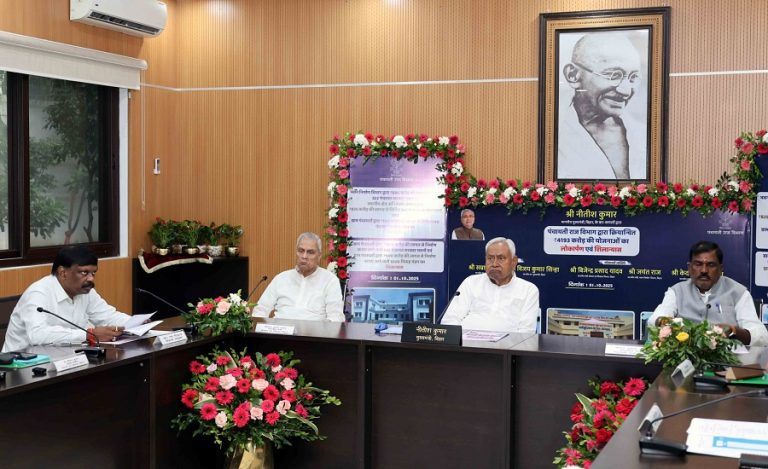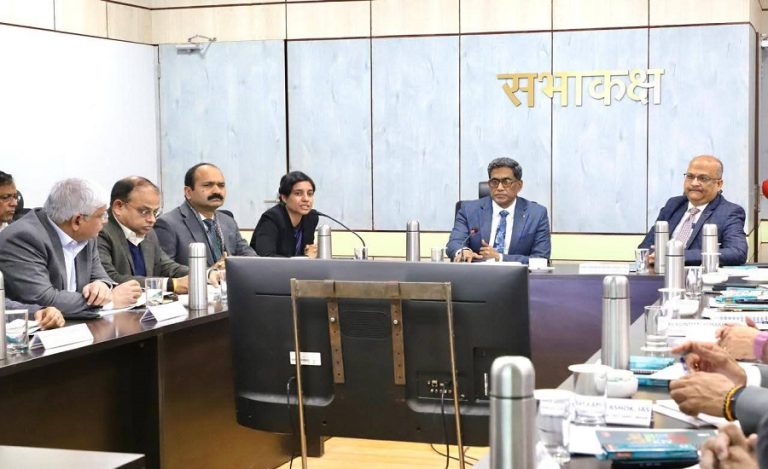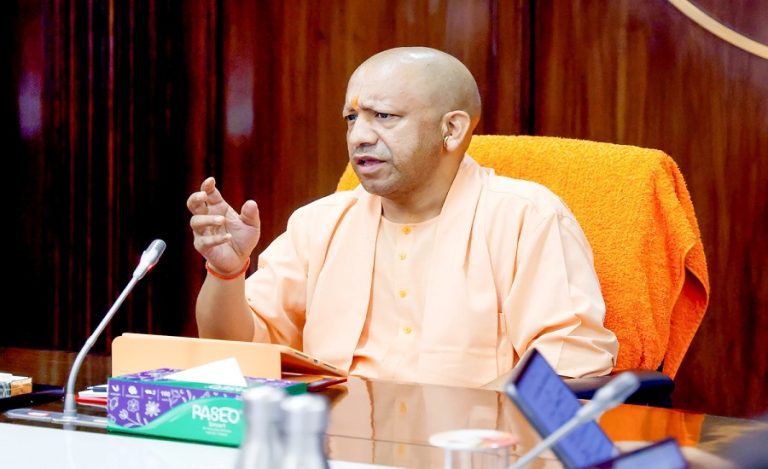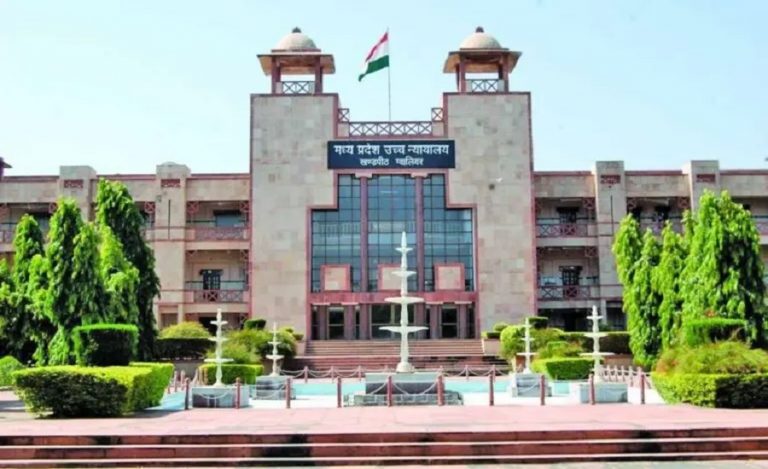New Delhi: In a major development aimed at simplifying and securing the examination process, the Union Public Service Commission (UPSC) has revealed that over 92% of registered candidates on its revamped exam portal have voluntarily opted for Aadhaar-based identity verification.
The Aadhaar-linked authentication feature, introduced with the launch of the new online registration portal on May 28, marks the first time the UPSC is using biometric verification to confirm applicants’ identities.
Aadhaar Emerges as Preferred Mode of ID Verification
As per data reviewed by The Indian Express, out of 2.65 lakh accounts created on the new platform (upsconline.nic.in) till Wednesday–
- 1.13 lakh candidates completed universal registration
- 1.05 lakh opted for Aadhaar authentication
- Around 60,000 applicants filled the Common Application Form, while another 55,000 were in progress
This adoption rate underscores the growing trust and ease of Aadhaar-based processes among aspirants preparing for India’s most competitive exams.
“No Duplication, More Convenience,” Says UPSC Chairman
UPSC Chairman Dr Ajay Kumar highlighted the portal’s emphasis on user-friendliness and efficiency, stating, “We are continuously improving the features and user experience. The focus is on eliminating duplication – candidates won’t have to enter the same information repeatedly. Once submitted, their data becomes reusable for multiple exams.”
The portal now operates on a four-step system-
- Account creation
- Universal registration
- Common application form
- Exam application
A Shift Towards Biometric Integrity
Previously, Aadhaar was one of several optional ID documents, but this is the first time the UPSC is deploying biometric-based Aadhaar authentication, enabled by a DoPT notification dated August 28, 2024. The notification authorized the UPSC to verify identity using Aadhaar on a voluntary basis, via Yes/No or e-KYC authentication.
This move follows the controversial case of Puja Khedkar, a probationary IAS officer accused of exceeding the permitted number of attempts in the 2022 Civil Services Examination by manipulating personal details across applications. Her candidature was later cancelled, and she was dismissed from service—an event that significantly influenced the shift towards stricter ID verification norms.
Platform to Cover 14 Major Exams
The Aadhaar-authentication system will now be part of 14 key UPSC examinations, including-
- Civil Services Examination (CSE)
- Combined Defence Services Examination (CDSE)
- National Defence Academy (NDA) Examination
- Indian Engineering Services (IES)
- Indian Forest Service (IFS), among others
Aadhaar is Voluntary, But Recommended
While Aadhaar authentication remains voluntary, UPSC has clearly stated that it is the preferred method for faster processing, “Applicants are strongly advised to use their Aadhaar Card as ID document… for effortless and seamless verification,” the Commission said in a statement on May 28.
“It becomes a permanent and common record for all examinations.”
Candidates choosing alternative IDs may face longer verification timelines, officials warned.




























